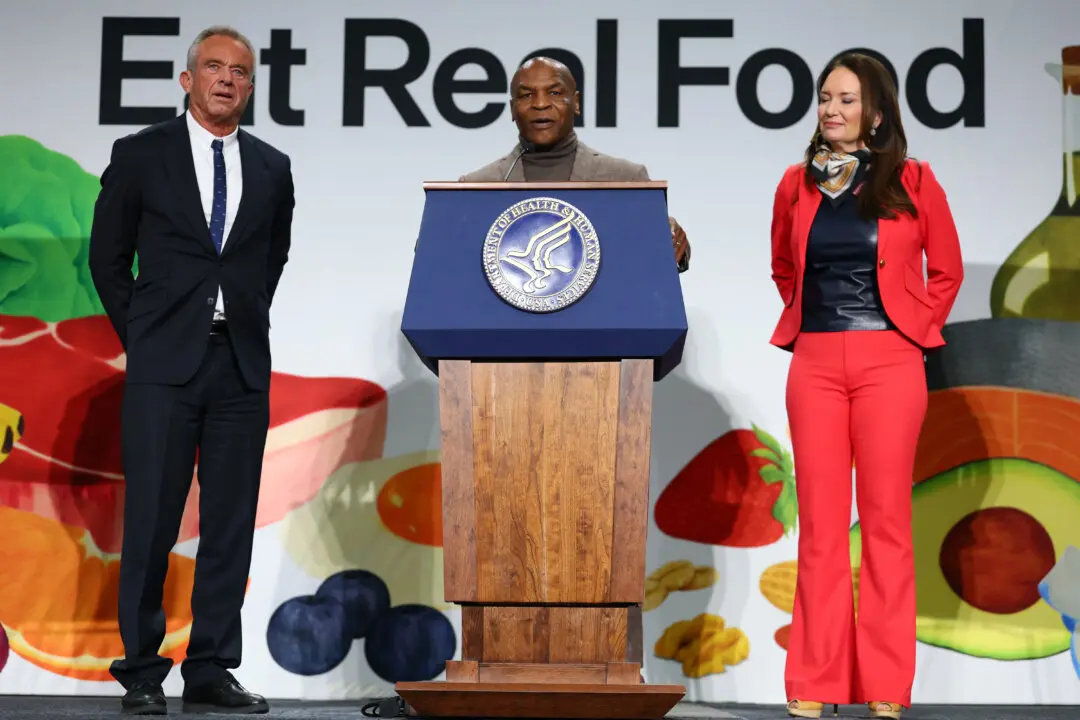Commentary
Across America, the backyard grills are out and fired up, along with the rich and complicated culture they unleash. Watching this unfold, I’ve come to the conclusion that it’s this feature of the experience more than the culinary results that provides the main attraction to grilling.





